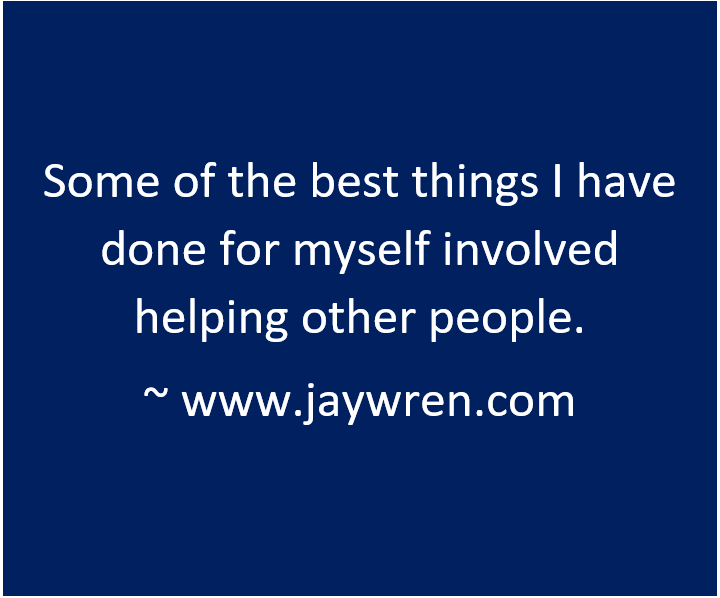Living in the Present Moment
Sometimes, people struggle with living in the present moment. They are either haunted by the past or worried about the future. They miss the beauty and joy of life as it unfolds in front of them. They are not fully aware of their thoughts, feelings, sensations, and surroundings. They are not mindful.
Mindfulness is the practice of paying attention to the present moment with curiosity and openness. It is a skill that people can learn and cultivate through various techniques, such as meditation, breathing exercises, yoga, and journaling. Mindfulness can help us live in the present moment more fully and intentionally.
Benefits
Why is living in the present moment important? There are benefits of being mindful and present. Here is a brief list of those benefits.
Living in the present moment can reduce stress and anxiety. When we are mindful, we are less likely to ruminate over the past or worry about the future. We can accept what is happening right now without judging it or resisting it. We can cope with challenges more effectively and calmly.
Living in the present moment can enhance our happiness and well-being. When we are mindful, we are more likely to notice and appreciate the positive aspects of our lives, such as our relationships, our achievements, our hobbies, and our health. We can also savor the pleasant experiences and emotions that we encounter in our daily lives.
Living in the present moment can improve our performance and productivity. When we are mindful, we are more focused and attentive to the task at hand. We can avoid distractions and procrastination. We can also be more creative and innovative, as we are open to innovative ideas and perspectives.
Living in the present moment can foster our growth and learning. When we are mindful, we are more curious and willing to explore new things. We can also learn from our mistakes and feedback, as we are not defensive or ashamed of them. We can embrace challenges and opportunities as ways to improve ourselves.
How can we live in the present moment more often? There is no one-size-fits-all answer to this question, as different people may find different methods more suitable for them. However, here are general tips that can help us become more mindful and present:
Steps to Becoming Mindful
Set aside time every day to practice mindfulness. This can be as simple as taking as focusing on your breath, or as elaborate as doing a guided meditation or a yoga session. The key is to be consistent and committed to your practice.
Incorporate mindfulness into your daily activities. You can practice mindfulness while doing anything, such as eating, walking, driving, and working. The key is to pay attention to what you are doing, feeling, thinking, and sensing in each moment.
Use reminders and cues to bring yourself back to the present moment. You can use anything that works for you, such as an alarm, a bracelet, a sticker, or a mantra. The key is to use them regularly and consciously to remind yourself to be mindful.
Be compassionate and gentle with yourself. You may not be able to live in the present moment all the time, and that’s okay. You may get distracted or forgetful sometimes, and that’s normal. The key is to acknowledge your lapses without judging or criticizing yourself, and then gently bring yourself back to the present moment.
Living in the present moment is not easy, but it is possible and rewarding. It can help us live happier, healthier, and more fulfilling lives. It can also help us make a positive difference in the world around us. So why not try it?
Photo by Sean Oulashin on Unsplash





